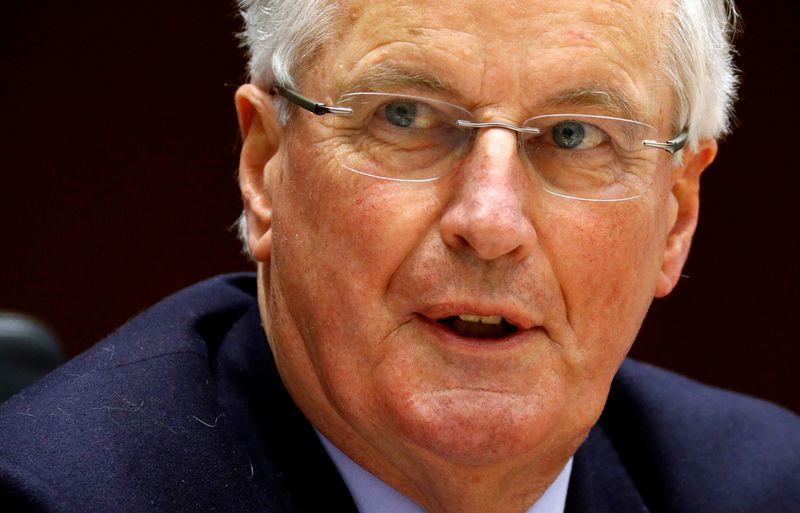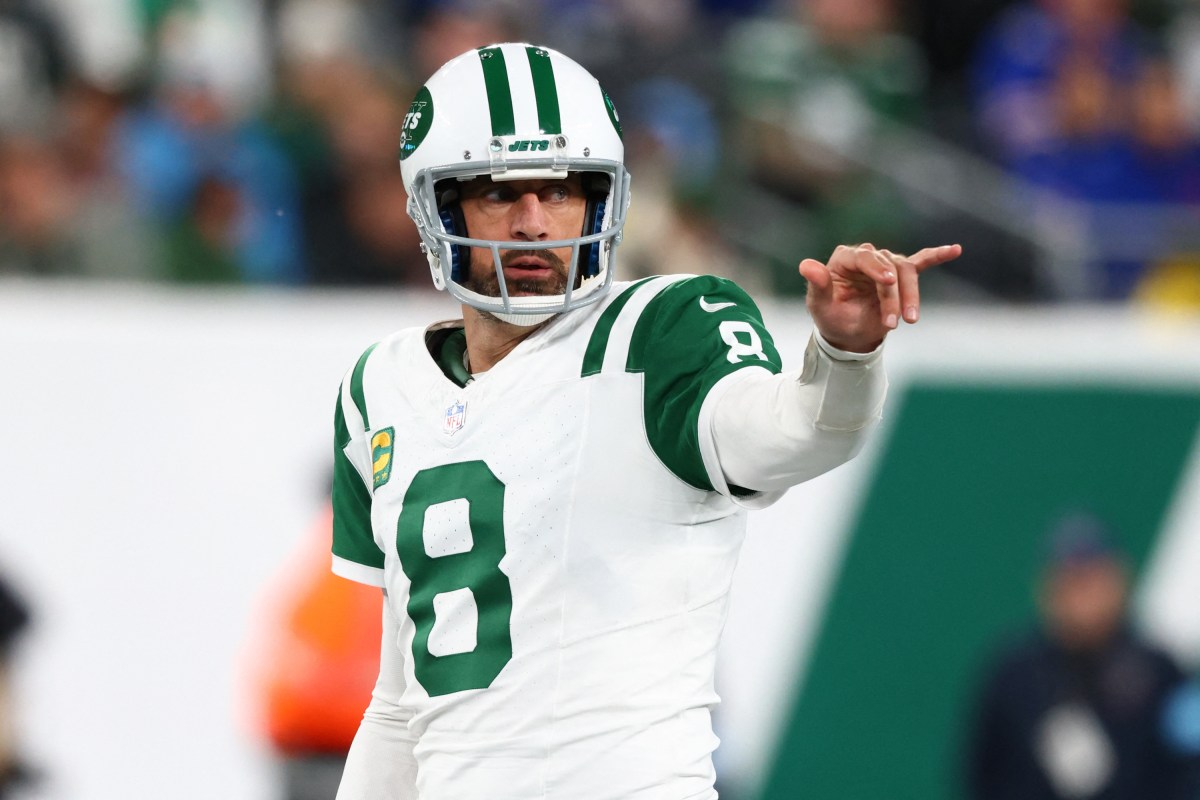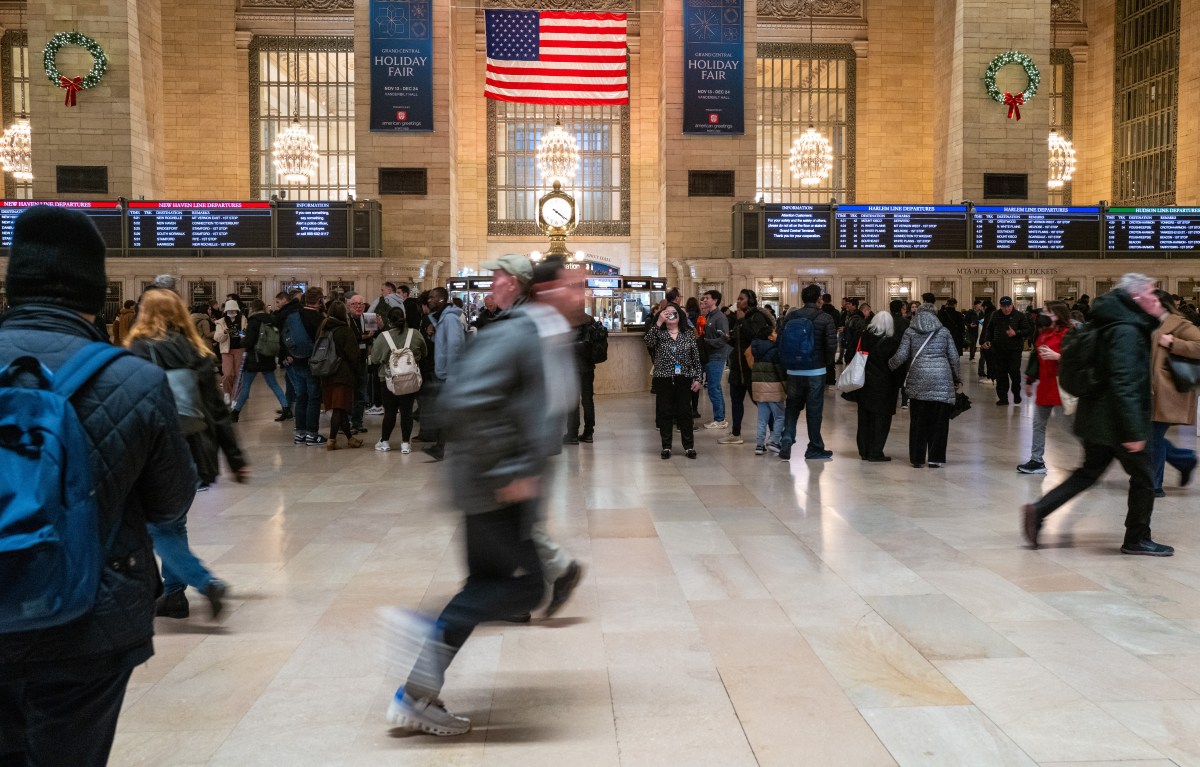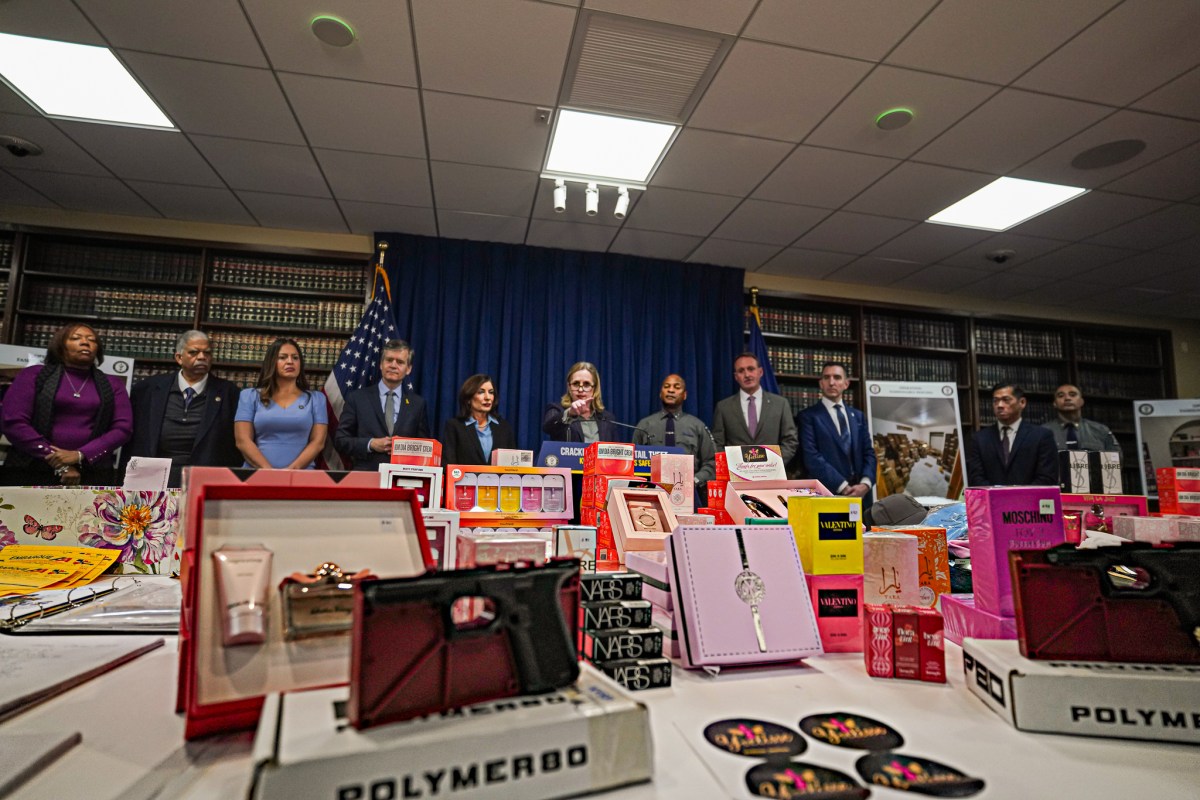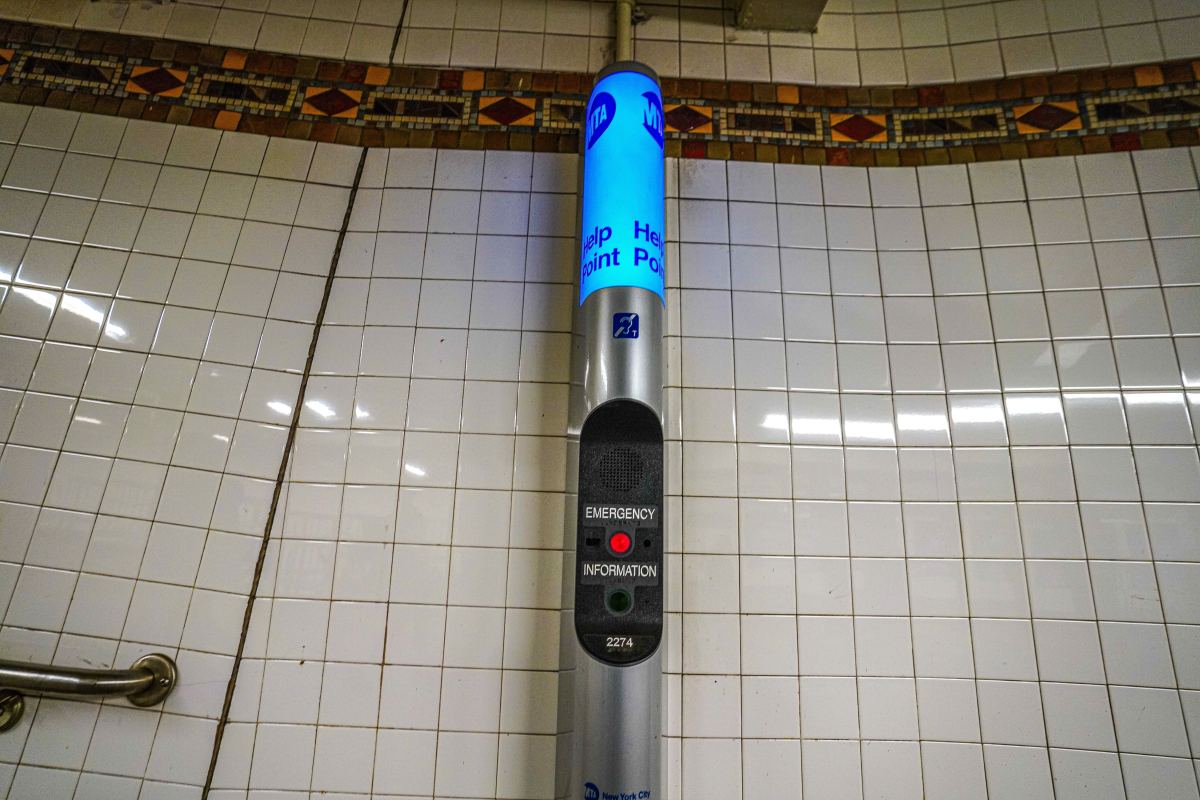BRUSSELS (Reuters) – The European Union’s Brexit negotiator Michel Barnier expressed confidence at a closed-door meeting with member state envoys to the bloc last Friday that a new deal with Britain was possible, diplomatic sources have told Reuters.
His comments after the latest round of EU-UK negotiations contrast with his downbeat public assessment that London’s rigid positions on fisheries and the “level playing field” guarantees of fair competition meant a deal was unlikely for now.
More than four years after Britons voted in a referendum to leave the EU, and after tortuous divorce talks, the two sides are negotiating on all aspects of their ties, from trade to security, from 2021 onwards.
The two key stumbling blocks are access to British fishing waters and the EU’s demand that Britain tie itself closely to the bloc’s state aid, labour and environmental standards to ensure it does not undercut the EU’s single market with poor-quality goods.
The EU says a deal needs to be done by October to allow time for ratification by the end of the year. Both sides have said the talks may be stalling.
“I remain confident that a balanced and sustainable deal remains possible, even if less ambitious,” Barnier told the gathering, according to sources present, adding that London seemed more interested in pursuing only a “low-quality, low-profile” deal.
He said his recent encounter with Boris Johnson had left him with the sense that the British prime minister did want a deal, despite insisting that London was prepared for the prospect that there might be no agreement at all.
Barnier’s comments were echoed by Ireland and the Netherlands, according to the sources.
Envoys for the two countries, likely to take the biggest hit from any change in trade rules after Dec. 31, said they remained confident that a deal would materialise.
“SWIMMING ACROSS THE CHANNEL”
The Dutch envoy quipped that a deal would eventually “come swimming across (the English) Channel”, according to the sources.
They envoys all called for calm and unity, saying this strategy had already helped to narrow the gaps on agreeing ways to settle future disputes, an element regularly mentioned as a stumbling block in the past.
Barnier called the “level playing field” the biggest remaining problem, but also listed energy and transport cooperation, as well as rules for marking the origin of products.
“The level playing field is not for sale,” the sources quoted Barnier as saying.
They also said Lithuania and Hungary had expressed concern that an overly tough stance on fisheries might lessen the chance of sealing an overall deal.
France, whose fishing industry is economically and politically sensitive, called the comments “unacceptable”, the sources said.
The French mission in Brussels said the French envoy had urged solidarity on all strands of the talks.
The EU’s executive body, the European Commission, said it had nothing to add to Barnier’s public comments.
EU missions for Lithuania, Ireland and the Netherlands said they would not comment on confidential conversations. The Hungarian EU office did not respond to a request for comment.
(Writing by Gabriela Baczynska; Editing by Kevin Liffey)

